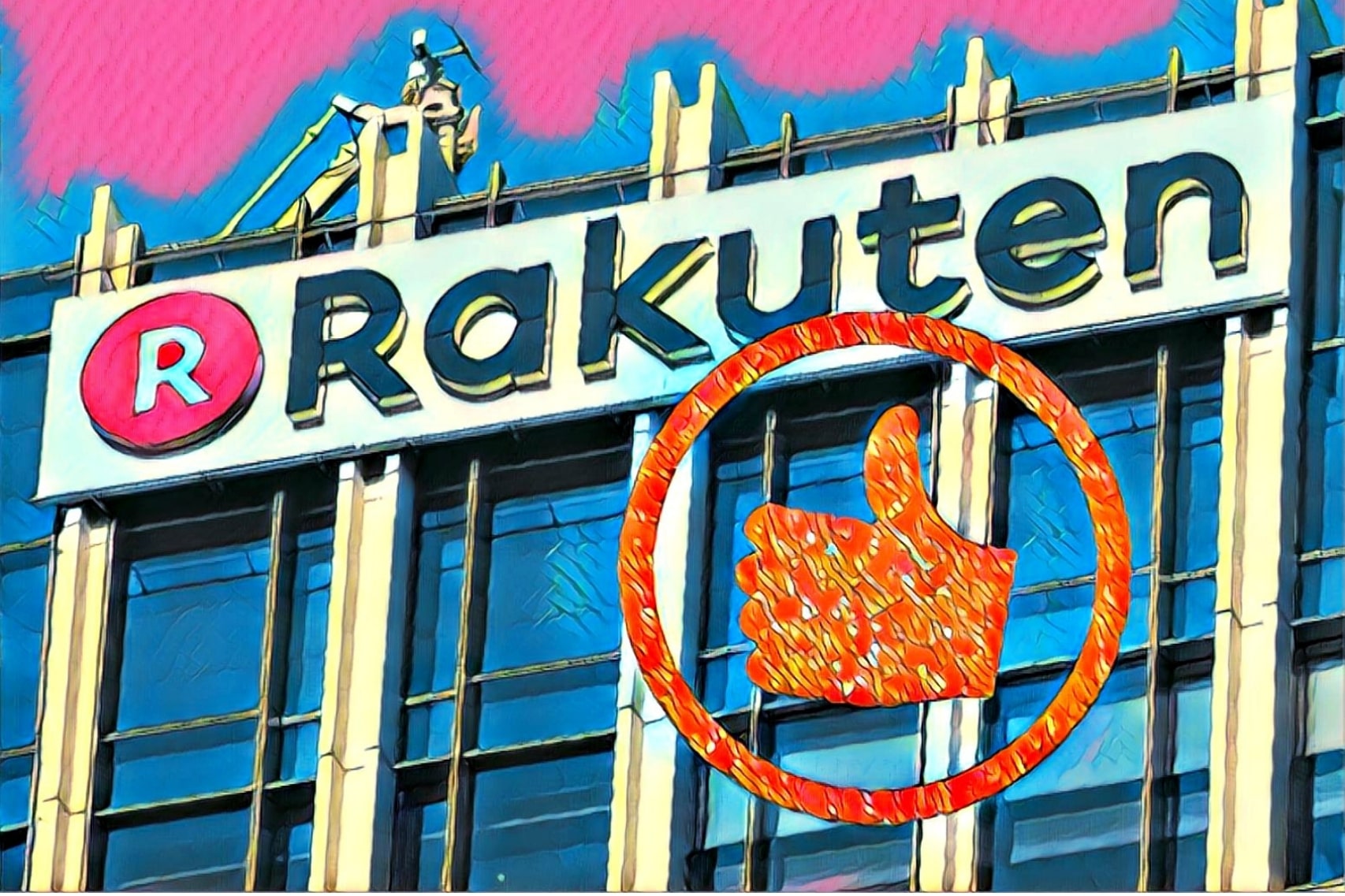Rakuten, a Japanese e-commerce giant similar to Amazon, officially got its subsidiary cryptocurrency wallet, the Rakuten Wallet, registered and approved by Japan’s Financial Services Agency (JFSA). This has been confirmed by the company in a press release on March 25.
The Rakuten Wallet, formerly known as “Everybody’s Bitcoin,” is now fully legitimized and considered to be a virtual currency exchange in the eyes of Japanese regulators.
Rakuten acquired the “Everybody’s Bitcoin” exchange in August of last year for 265 million yen ($2.4 million), and has since made a series of changes to the exchange’s structure in the interest of having it registered and regulated as a virtual currency exchange by the JFSA.
Per the press release, the Everybody’s Bitcoin exchange will officially end its operations at the end of March, and will relaunch under the Rakuten Wallet name and operations.
Adding to this, the company said:
“Rakuten Wallet will contribute to the sound growth of the market as a virtual currency exchange company, and will further enhance security and provide enhanced services so that more customers can use it safely and with confidence.”
As for details regarding the exchanges future plans, the company said they will be revealed at a later date. However, since the Rakuten Wallet is a subsidiary of the Japanese e-commerce giant Rakuten, it’s speculated that the wallet’s exchange services will eventually be integrated into the e-commerce platform.
Japan’s Positive Cryptocurrency Environment
Japan is ramping up to be a leader in the cryptocurrency space, as its regulatory environment has improved substantially. Standards are being set by the JFSA to prevent things like the half-billion-dollar hack of the Japanese platform Coincheck from happening, as well as other wrongdoings in the crypto space.
Also, as previously reported by IIB, the Japanse government recently made amendments to 2 acts – the Financial Instruments and Exchange Act and the Fund Settlement Act.
The changes establish “virtual currency” as “cryptographic assets,” which is primarily for legal purposes and strengthens the law for the future of Japan’s digital economy, as it now accommodates virtual currencies.
Moreover, the Rakuten Wallet is just 1 of many crypto-related services that’s recently received licensing from the JFSA.
Another notable crypto exchange who has just received approval for licensing and is now regulated in Japan is the Taotao cryptocurrency exchange, backed by Yahoo! Japan, and Huobi Japan’s relaunched crypto exchange.
All in all, the crypto industry in Japan is shaping up well as this current crypto winter nears its end.
Which country do you think is the most crypto friendly? Also, will Rakuten integrate their Rakuten Wallet into their Amazon-like e-commerce platform? Let us know what you think in the comment section below.

